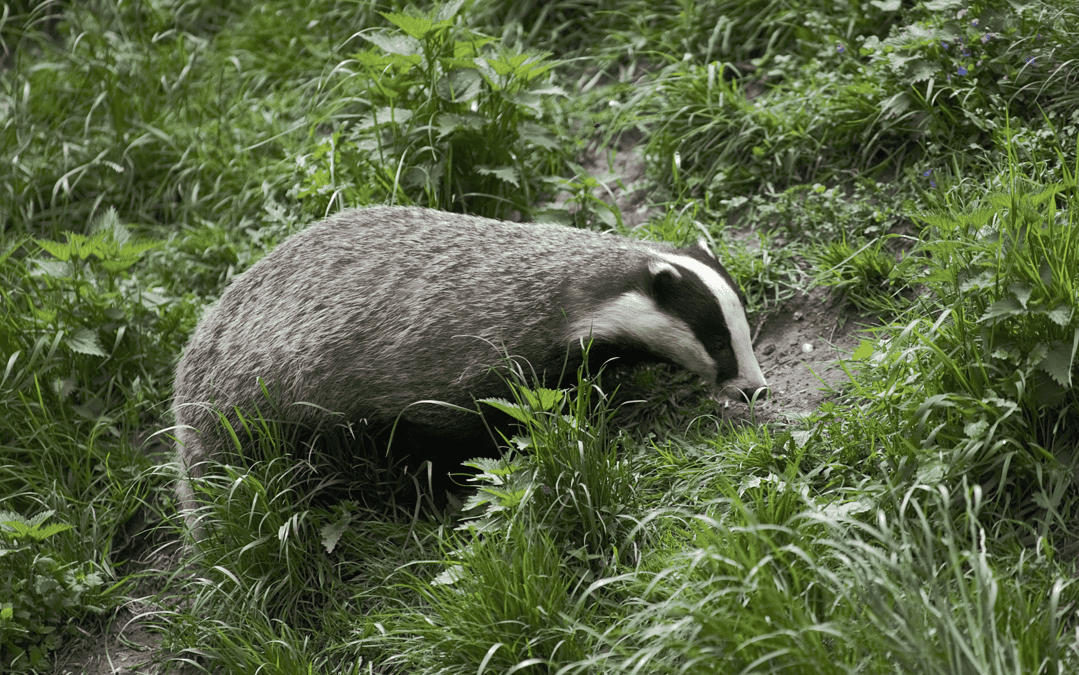Can Animals Spread Japanese Knotweed? A Complete Guide
Can Animals Spread Japanese Knotweed? A Complete Guide. Find out whether animals can spread Japanese knotweed and the potential risks associated with its spread. Discover ways to prevent the spread of this invasive plant species.
Can Animals Spread Japanese Knotweed? A Complete Guide. Japanese knotweed is a highly invasive plant species that can damage buildings, roads, and other structures. It has been introduced to several countries, including the UK, where it has become a significant problem. This article will explore this question and provide all the information you need about Japanese knotweed and its spread.
Can Animals Spread Japanese Knotweed?
Yes, Japanese knotweed can be spread by animals. The plant produces small flowers attractive to insects like bees and butterflies. These insects carry the plant’s pollen from one plant to another, which can lead to the spread of Japanese knotweed.
A study conducted in the United Kingdom found that the rhizomes of Japanese knotweed can attach to animal fur, particularly that of dogs, Foxes, and Badgers. The rhizomes are being transported to new locations, and the study suggested that the likelihood of this happening is higher in areas where the plant is abundant. The animals are frequently in contact with it.
While animal fur may not be a primary source of Japanese knotweed spread. It is still essential to take precautions to prevent the accidental transportation of rhizomes. For example, dog walkers in areas with Japanese knotweed should ensure their pets are free of plant matter before leaving the site. This can be achieved by brushing and washing their fur, paws, and clothing after walks.
How Can Japanese Knotweed Spread by Animals Be Prevented?
Preventing the spread of Japanese knotweed by animals can be challenging. There are several ways to do so. Some of these include:
Controlling the plant:
The best way to prevent the spread of Japanese knotweed is to control the plant. This can be done through chemical treatments or physical removal. By controlling the plant, you can limit its ability to produce flowers and seeds, which reduces the likelihood of animal-mediated spread.
Regular monitoring
It is essential to identify the areas where Japanese knotweed is present. This can help identify any new growth or signs of spread. If new growth is detected, prompt action can be taken to control it.
Restricting access to areas where Japanese knotweed is present can help prevent the spread of the plant by animals. Fencing or signage can deter animals and humans from entering these areas.
Educating the public about the risks associated with Japanese knotweed and the importance of preventing its spread can effectively prevent animal-mediated spread. This can be done through public information campaigns, signage, and educational materials.
FAQs:
Q: Can wind spread Japanese knotweed? A: Yes, Japanese knotweed can be spread by wind. The plant’s seeds are tiny and can be carried by the wind over long distances. The seeds rarely germinate as they are all female.
Q: Can water spread Japanese knotweed? A: Yes, Japanese knotweed can be spread by water. The plant’s rhizomes can be carried by water, a common way the plant spreads along riverbanks and other waterways.
Q: How can I identify Japanese knotweed? A: Japanese knotweed has distinctive leaves shaped like a shield or heart. The leaves are usually green in colour and have a waxy texture. The plant also produces tall, bamboo-like stems that can grow up to 3-4 meters tall. Moreover, the stems are light green, similar to celery, and have pinkie-red flecks running down them.
So understanding
Japanese knotweed is a highly invasive plant species that animals can spread. However, there are several ways to prevent this. By controlling the plant, monitoring its growth, restricting access, and educating the public, we can limit the spread of Japanese knotweed and protect our environment from its negative impacts. Remember, prevention is critical when controlling invasive species, so take action today to prevent the spread of Japanese knotweed.
